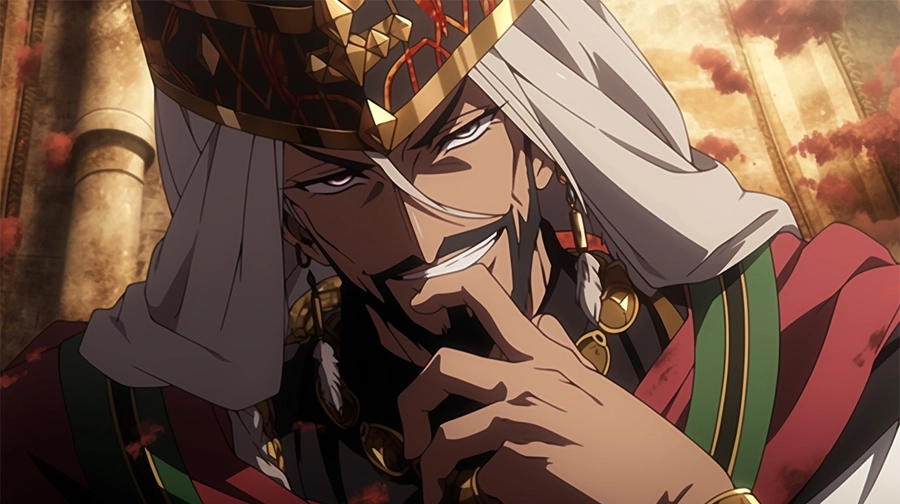With the power of Image prompting AI, we decided to create some of the world’s most-known Military and Elected leaders as anime characters. Now we decided to only go with people who are currently deceased and because we are reaching for many epic historical leaders, most of them don’t have actual images of themselves or even paintings so we used a lot of “Fan Art” as reference images in an order to create these prompts.
Note: If it isn’t clear enough just because we add certain popular historical figures here, doesn’t mean we subscribe to their ideas & actions obviously
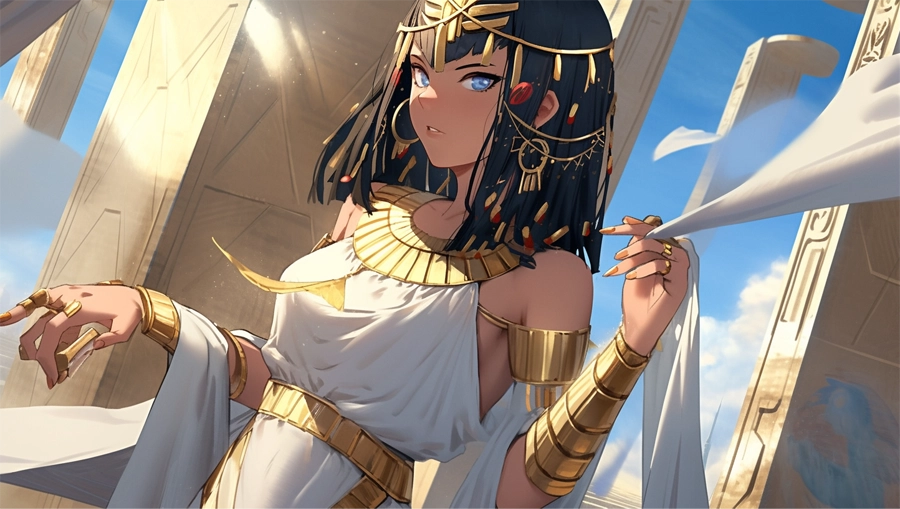
Cleopatra VII Philopator (69 BC–30 BC)
Cleopatra VII Philopator was the ultimate active sovereign of the Ptolemaic Kingdom of Egypt from 51 to 30 BC. As the last member of the Ptolemaic dynasty, she was a descendant of Ptolemy I Soter, a Greek general from Macedonia who was an associate of Alexander the Great. Despite her Koine Greek mother tongue, she was the solitary Ptolemaic ruler to grasp and employ the Egyptian language. Following Cleopatra’s demise, Egypt fell under the control of the Roman Empire, signifying the close of the last Hellenistic state in the Mediterranean and the era that had endured since the reign of Alexander the Great (336–323 BC).
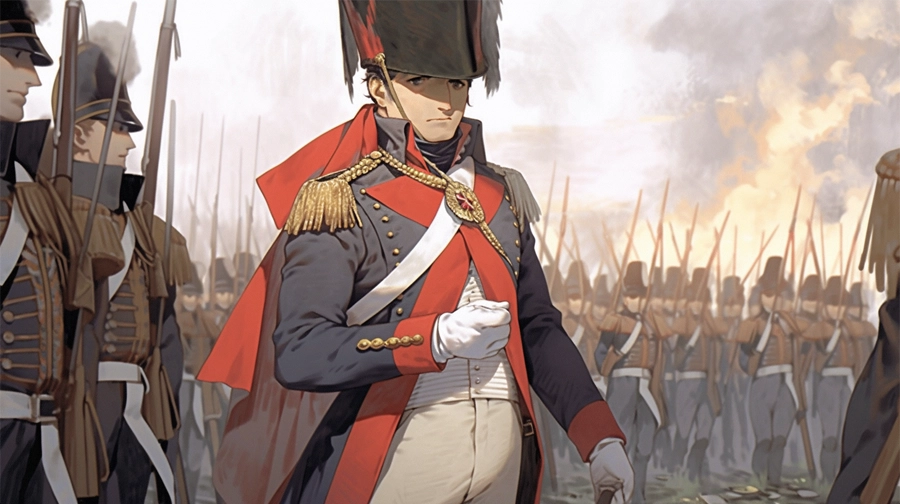
Napoleon Bonaparte (1769-1814)
Napoleon I, born in Corsica in 1769, was a prominent French military commander and political leader who gained fame during the French Revolution and led victorious campaigns in the Revolutionary Wars. He served as the effective head of the French Republic as First Consul between 1799 and 1804, and subsequently as the Emperor of the French from 1804 to 1814, and again in 1815. Napoleon’s complex and controversial legacy continues to influence politics and culture to this day, as he introduced numerous progressive reforms that endure in society. He is widely regarded as one of the most skilled military commanders in history, and his campaigns remain studied in military academies worldwide. However, the Napoleonic Wars, which claimed the lives of between three to six million soldiers and civilians, cast a dark shadow over his legacy.
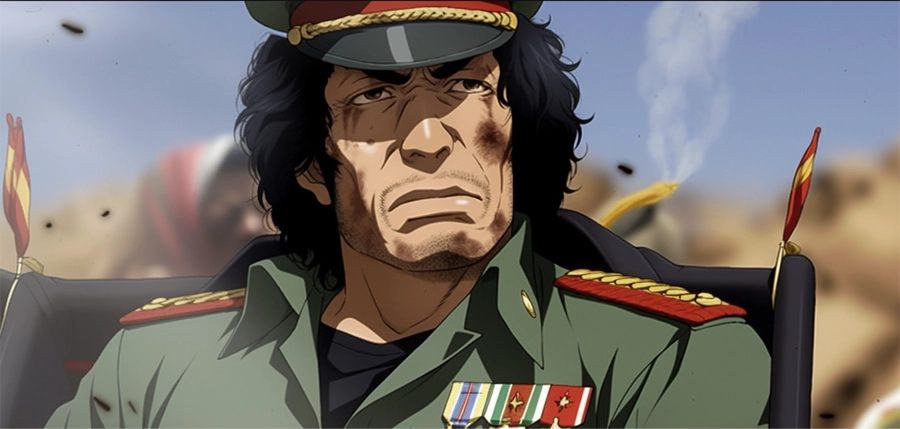
Muammar Gaddafi (1942-2011)
Colonel Gaddafi, also known as Muammar Gaddafi, was a prominent Libyan politician, revolutionary, and political theorist who served as the effective ruler of Libya from 1969 to 2011. He held the position of Revolutionary Chairman of the Libyan Arab Republic from 1969 to 1977 and later became the Brotherly Leader of the Great Socialist People’s Libyan Arab Jamahiriya from 1977 to 2011. While he was initially devoted to Arab nationalism and socialism, he eventually governed according to his own ideology known as the Third International Theory.
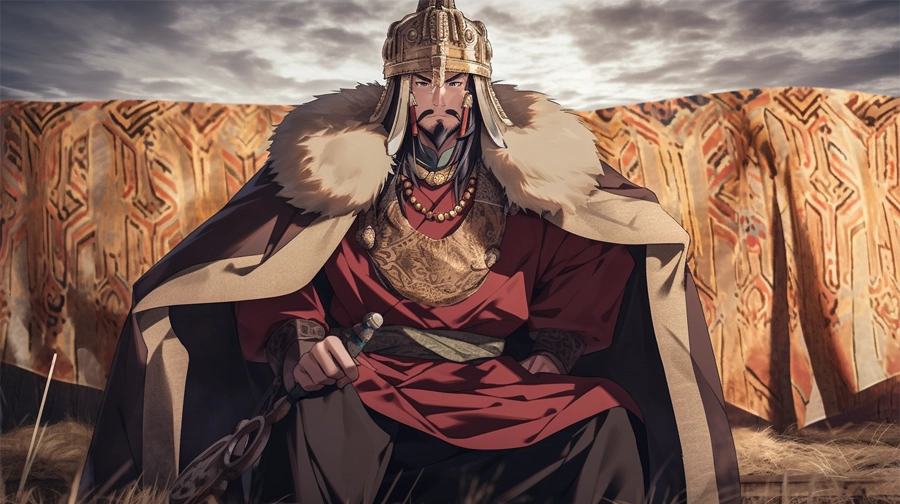
Ghenghis Khan (1162-1227)
Chinggis Khan, commonly referred to as Genghis Khan established himself as the initiator and premier khagan of the Mongol Empire, which ultimately grew to become the largest continuous land empire to date. His efforts were primarily focused on bringing together disparate Mongol tribes and paving the way for a sequence of military offensives that enabled the subjugation of extensive territories in China and Central Asia.
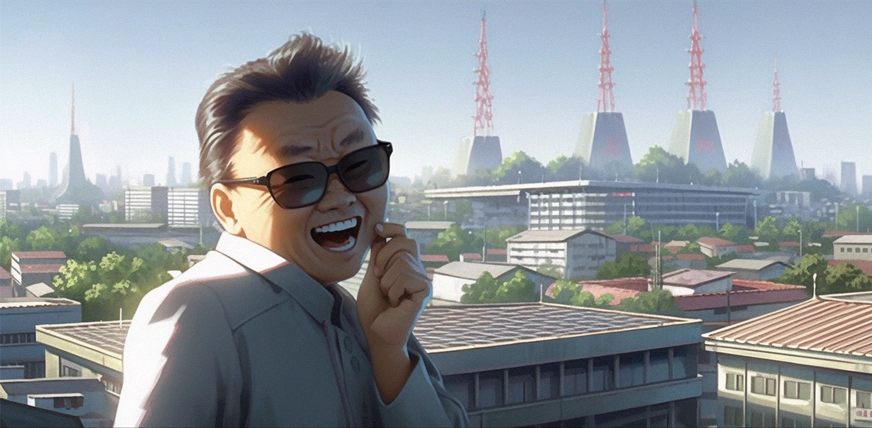
Kim Jong-il (1941-2011)
Yuri Irsenovich Kim, who is also known as Kim Jong Il, was a North Korean politician who served as the second supreme leader of North Korea from 1994 until his death in 2011. He took over leadership after his father, Kim Il Sung, the first Supreme Leader, passed away in 1994. Kim Jong Il was succeeded by his son, Kim Jong Un, after his passing.
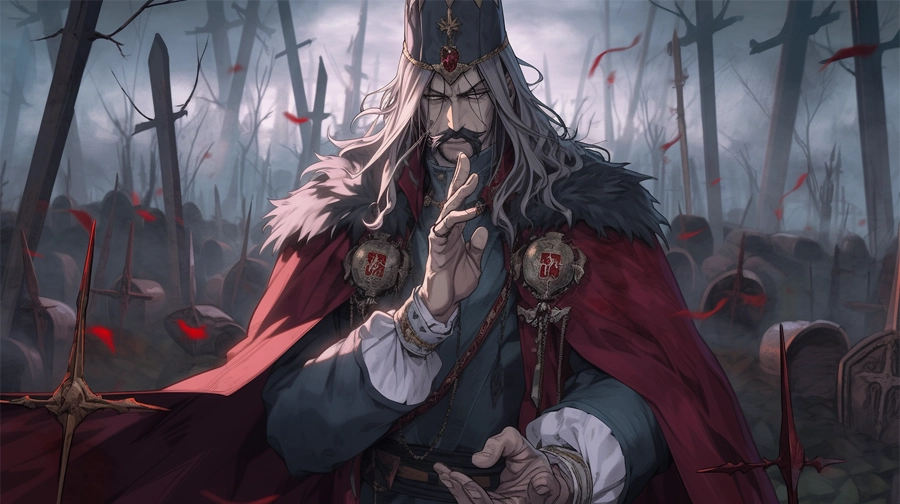
Vlad the Impaler (1928-1477)
Vlad III, commonly known as Vlad the Impaler, ruled as Voivode of Wallachia on three occasions between 1448 and his death in 1477. He is widely regarded as a significant figure in Wallachian history and is considered a national hero of Romania. Born as the second son of Vlad Dracul, who assumed the throne of Wallachia in 1436, Vlad and his younger brother Radu were taken hostage by the Ottoman Empire in 1442 to ensure their father’s loyalty. In 1447, Vlad’s eldest brother Mircea and their father were assassinated after John Hunyadi, the regent-governor of Hungary, invaded Wallachia. Hunyadi then installed Vlad’s second cousin, Vladislav II, as the new voivode.
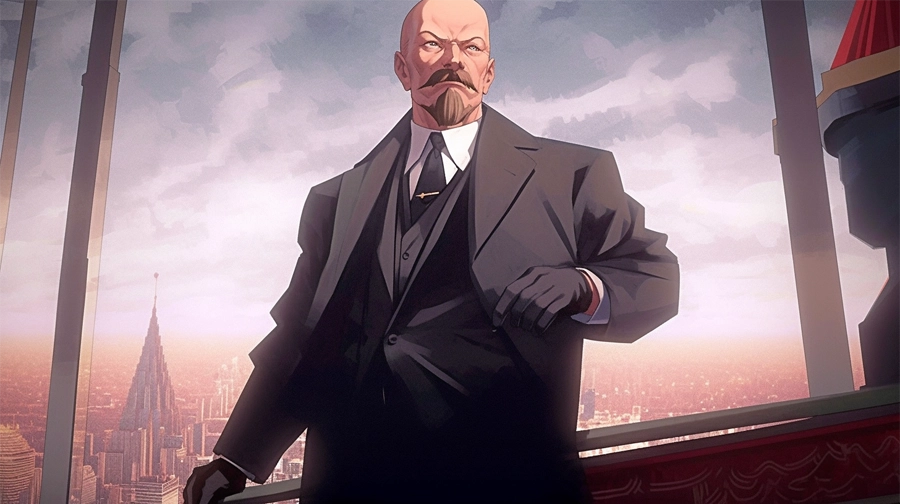
Vladimir Lenin (1870-1924)
Vladimir Lenin was a political theorist, Russian revolutionary, and politician who served as the first head of government of Soviet Russia from 1917 to 1924, and later of the Soviet Union from 1922 to 1924. Under his leadership, Russia and eventually the Soviet Union were transformed into a one-party socialist state, with governance vested in the Communist Party. Lenin’s development of Marxist ideology is commonly referred to as Leninism. Lenin was born into an upper-middle-class family in Simbirsk and became involved in revolutionary socialist politics after his brother was executed in 1887. He was expelled from Kazan Imperial University for participating in protests against the Tsarist government of the Russian Empire, after which he spent the following years pursuing a law degree.
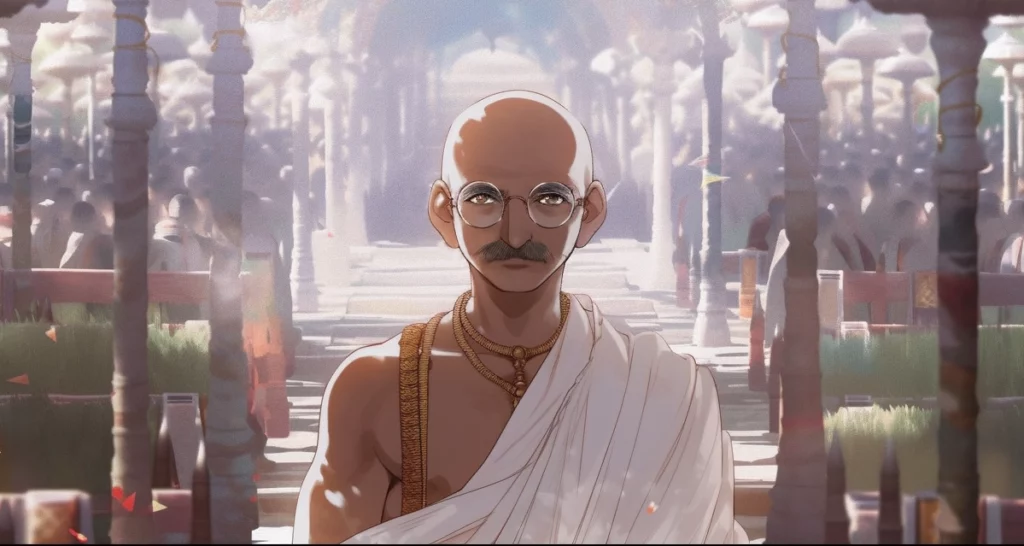
Mahatma Gandhi (1869-1948)
Mohandas Karamchand Gandhi, also known as Mahatma Gandhi, was an Indian lawyer, political ethicist, and anti-colonial nationalist. He is best known for leading the nonviolent resistance movement that successfully gained India’s independence from British rule. Gandhi’s philosophy of nonviolent resistance has inspired civil rights and freedom movements worldwide, and he is widely revered as a great leader, earning him the honorific title of Mahatma, which means “great-souled” or “venerable.” The title was first bestowed upon him in South Africa in 1914 and is now used worldwide.

Gaius Julius Caesar (100 BC – 44 BC)
Gaius Julius Caesar was a celebrated Roman general and statesman who was born in Rome back in 100 BC. He was a member of the First Triumvirate and led the Roman armies in the Gallic Wars before defeating his political rival Pompey in a civil war. Caesar subsequently became dictator from 49 BC until his assassination in 44 BC, He played a critical role in the events that led to the demise of the Roman Republic and the rise of the Roman Empire. Caesar was born into a noble family and was a talented writer and speaker who gained support among the common people.
Cyrus The Great (600 BC – 530 BC)
Cyrus II of Persia (𐎤𐎢𐎽𐎢𐏁) commonly known as Cyrus the Great, was the founder of the Achaemenid Empire, the first Persian empire. Under his rule, the empire embraced all of the previous civilized states of the ancient Near East, expanded vastly, and eventually conquered most of Western Asia and much of Central Asia. Spanning from the Mediterranean Sea and Hellespont in the west to the Indus River in the east, the empire created by Cyrus was the largest the world had yet seen. At its maximum extent under his successors, the Achaemenid Empire stretched from parts of the Balkans (Eastern Bulgaria–Paeonia and Thrace–Macedonia) and Southeast Europe proper in the west to the Indus Valley in the east.
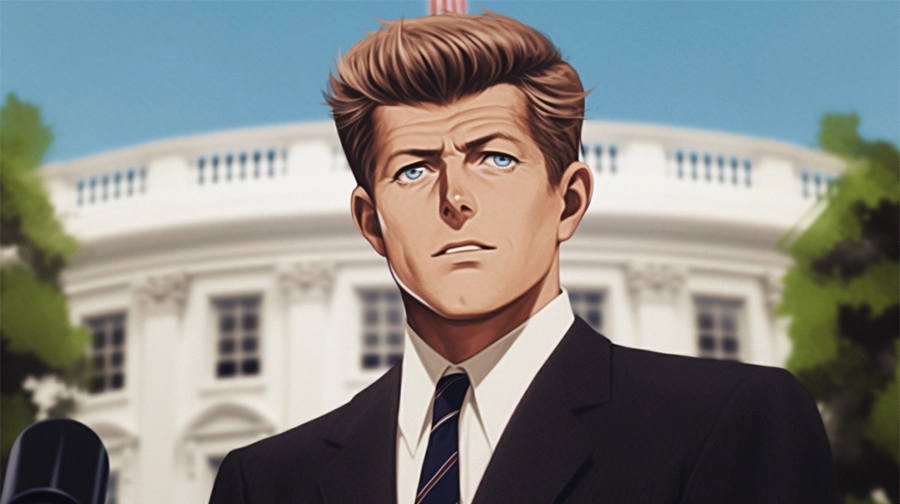
John F. Kennedy (1917 – 1963)
John Fitzgerald Kennedy, also known as JFK, was an American politician who served as the 35th president of the United States from 1961 until his assassination in 1963. He was the youngest person to assume the presidency by election and the youngest president at the end of his tenure. Kennedy served during the height of the Cold War, and much of his foreign policy focused on relations with the Soviet Union and Cuba. Prior to his presidency, he represented Massachusetts in both houses of the U.S. Congress as a Democrat.
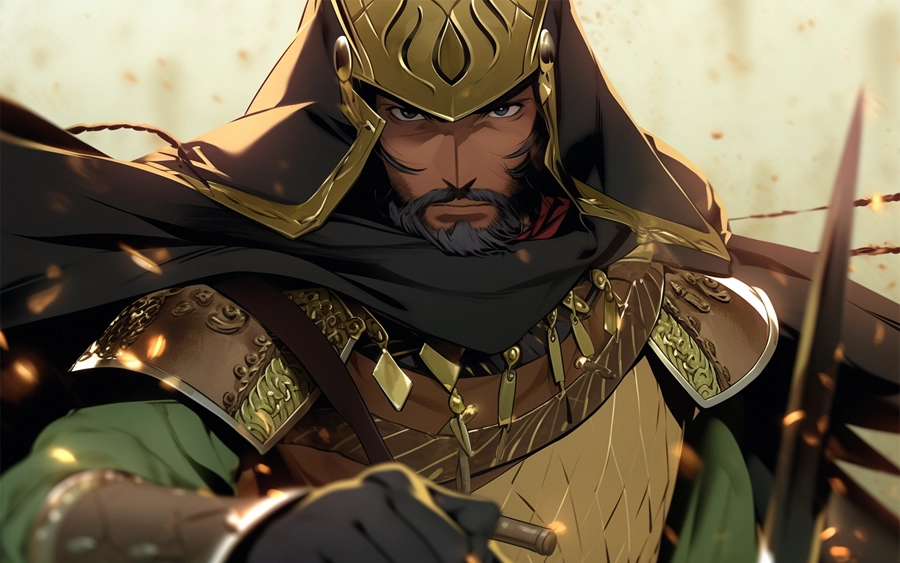
Saladin (1137 – 1193)
Salah al-Din Yusuf ibn Ayyub, commonly known as Saladin, was the founder of the Ayyubid dynasty and the first sultan of both Egypt and Syria. He was born into a prominent Kurdish family in Tikrit, Mesopotamia (now in Iraq) in 1137/38. Saladin was a Muslim sultan who played an important role in the Third Crusade, leading the Muslim military effort against the Crusader states in the Levant. He was known for his military tactics and his greatest success was the capture of Jerusalem in 1187. At the height of his power, the Ayyubid realm spanned Egypt, Syria, Upper Mesopotamia, the Hejaz, Yemen, and Nubia
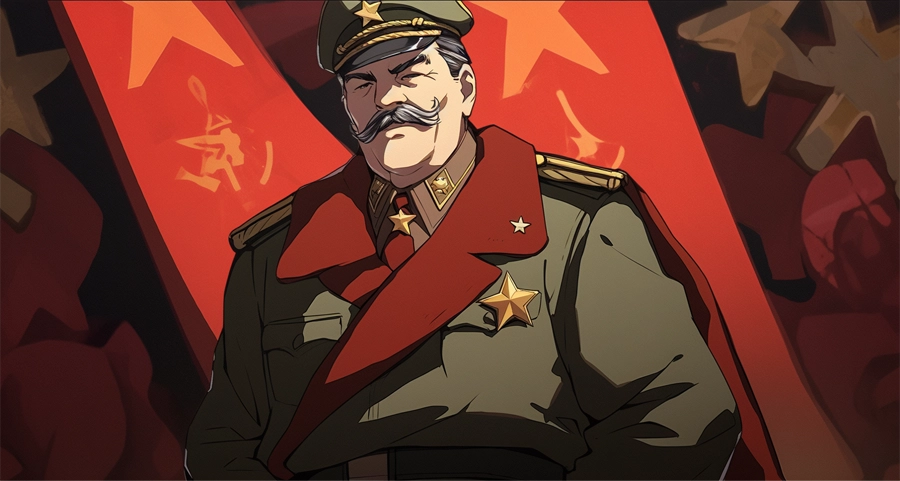
Joseph Stalin (1873 – 1953)
Joseph Vissarionovich Stalin was a revolutionary, political theorist, and Soviet politician who served as the leader of the Soviet Union from 1924 until his death in 1953. He assumed power as the General Secretary of the Communist Party of the Soviet Union from 1922 to 1952, and later as the Chairman of the Council of Ministers of the Soviet Union from 1941 to 1953. While he initially shared power with other leaders, he eventually consolidated his control to become a dictator. Stalin adhered to the Leninist interpretation of Marxism and formalized it as Marxism-Leninism, with his own policies becoming known as Stalinism.
If we missed some of your favorite Leaders drop a comment below and we can try to generate it for the article.


